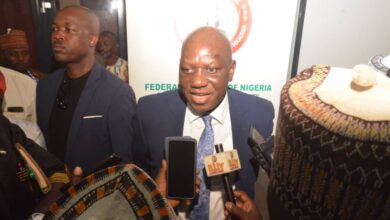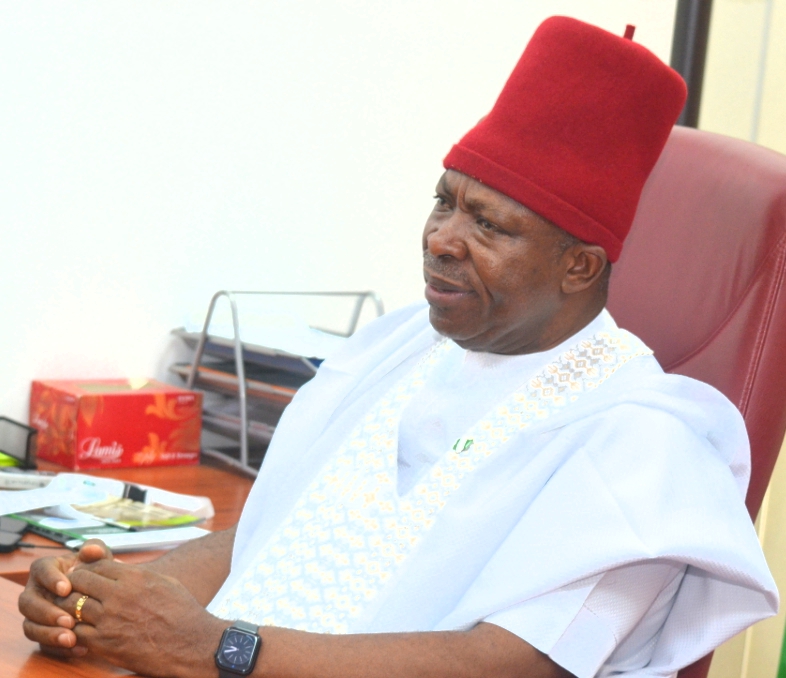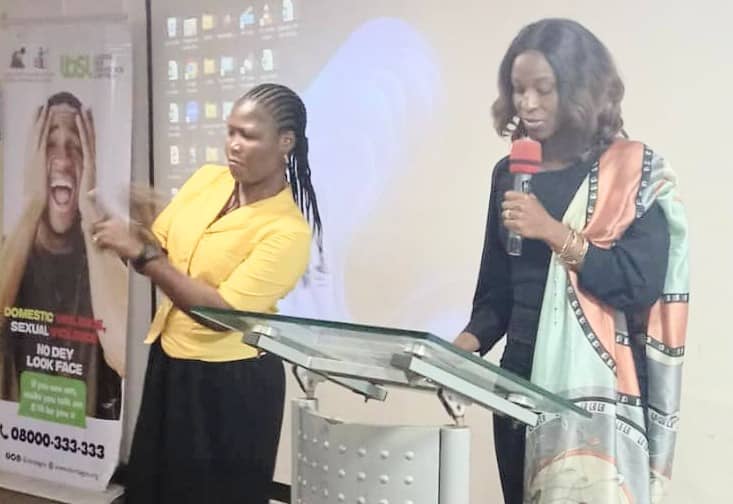Sokoto State Govt, REA Sign’s MoU to Widen Renewable Energy Access Across Community’s, Assure Investors of Security
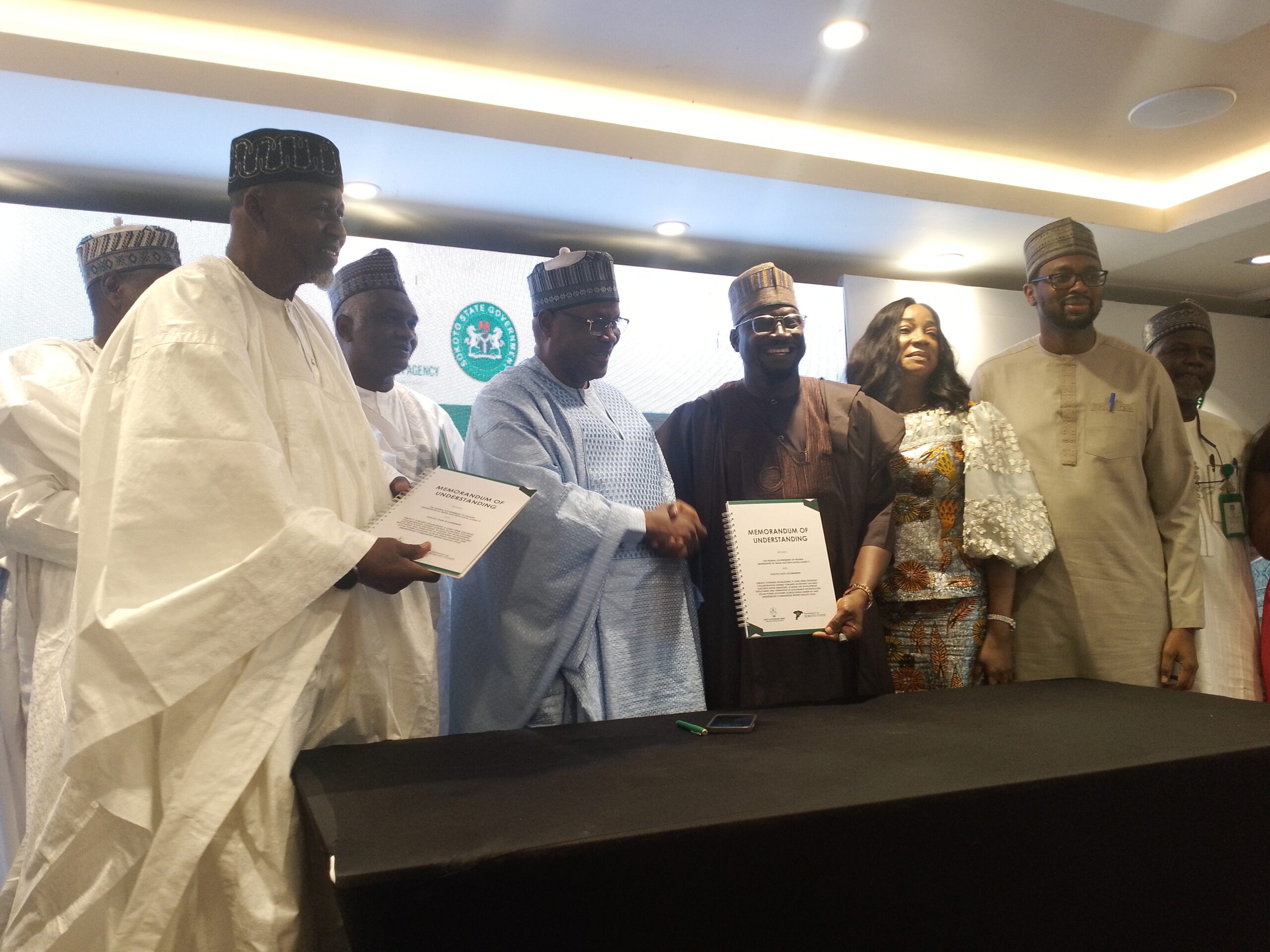
By Fatima Saka
The Sokoto State Government has signed a Memorandum of Understanding (MoU) with the Rural Electrification Agency (REA) to accelerate investment in renewable energy and expand electricity access across underserved communities in the state.
Themed “Catalyzing Investment in the Sokoto State Electricity Market: Advancing Distributed Energy for Productive Use, Local Enterprise, and Sustainable Growth,” the meeting brought together federal officials, private sector investors, and development partners.
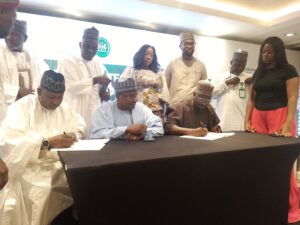
Governor Ahmad Aliyu, represented by his Deputy, Dr. Idris Muhammad Gobir, during the REA State-by-State Roundtable Engagement with Sokoto State on Wednesday in Abuja, stressed on the false projection of insecurity in the state.
Gobir assured participants that insecurity concerns in Sokoto were exaggerated, stressing that the government had put measures in place to guarantee a safe and conducive business environment. “As chairman of the state’s security committee, I can confidently say Sokoto is safe for investors. Social media is not a source of credible information on the state. We encourage investors to see the reality themselves,” he said.
He emphasized that electricity access was central to Sokoto’s growth strategy, citing the state’s new Electricity Power Sector Law 2025, which seeks to improve investor confidence, expand renewable energy development, and promote public-private partnerships. Already, Sokoto has established a 38-megawatt Independent Power Plant (IPP) to complement grid supply and is planning solar mini-grids and wind projects for rural communities and industrial hubs.
Managing Director of REA, Abba Aliyu, commended Sokoto’s commitment but noted that the state scored low on national electrification readiness rankings. Based on REA’s assessment, Sokoto received a 1 out of 5 score, signaling major gaps in policy implementation, capacity development, funding, and data. However, Aliyu acknowledged that the state had recently passed its electricity law, allocated funds in its budget, and completed extensive data mapping of underserved communities.
“What we found is that 1.48 million Sokoto residents can best be served with off-grid electricity solutions, including 343 health facilities and over 2,286 communities. Many of these communities fall within higher grant bands, making them attractive for investors. Sokoto has what it takes to be an investment hub for renewable energy,” Aliyu explained.
He challenged the state and private investors to scale up deployment, highlighting that some local governments such as Sabon Birni, Illela, Tangaza, Tambuwal, and Kware have the highest numbers of off-grid communities. Aliyu showcased mapping data from individual communities, including those in Tangaza, Shagari, and Kebe, detailing their energy needs, social infrastructure, and potential megawatt requirements.
According to REA’s projections, electrifying Sokoto could generate over 200,000 jobs and raise the state’s GDP by ₦18 billion, while contributing to President Bola Tinubu’s ambition of growing Nigeria’s economy to $1 trillion. “This can be achieved largely through private-sector financing with minimal government spending, provided investors take advantage of the opportunities in Sokoto,” Aliyu said.
He urged renewable energy service companies (RESCOs) to commit to deploying projects in Sokoto, noting that the state hosts more than 2,000 viable off-grid sites. “If similar projects can be executed in states with worse security challenges, like Yobe, then there is no reason why Sokoto should be left behind,” he stressed.
Mohammed Bello Sofawa, Secretary to the Sokoto State Government, has reaffirmed the commitment of the state administration to renewable energy development while addressing stakeholders on insecurities issues, saying that Sokoto state is one of the most peaceful states in Nigeria.
He said the Renewed Hope Agenda of President Bola Ahmed Tinubu was already yielding results across the country, with Sokoto State also aligning its programmes to deliver infrastructure and improve citizens’ welfare. According to him, Governor Ahmed Aliyu came into office with a nine-point “smart agenda” aimed at repositioning and revitalizing all structures in the state.
Sofawa emphasized the importance of collaboration between government and the private sector to address the huge developmental needs of society, given the limited resources available. He described renewable energy as one of the critical opportunities in Sokoto, citing the state’s abundance of sunlight, wind, water, and biomass.
The SSG explained that Sokoto State has already begun transitioning water systems to solar power to ensure 24-hour supply across the metropolis, in addition to providing solar energy to rural communities. He added that healthcare facilities, schools, libraries, and about 200 roads have also been energized through solar projects.
On insecurity, Sofawa challenged perceptions that Sokoto State was unsafe for investment, stressing that the state remains “95 to 98 percent peaceful” and among the most stable in northern Nigeria. He urged investors to rely on verifiable sources such as security agencies rather than social media narratives.
He also highlighted Sokoto’s economic strengths, including agriculture and leather production. According to him, Sokoto is a leading producer of rice, maize, beans, and is home to the globally renowned “Sokoto Red Goat Skin,” popularly but wrongly branded as Moroccan leather in international markets.
Sofawa further disclosed that the state government had passed laws to improve the ease of doing business, offering incentives such as tax holidays, access to land, and the establishment of a tribunal to resolve commercial disputes. He noted that the Independent Power Project in Sokoto, with a capacity of 30–36 megawatts, was at 90 to 95 percent completion and expected to boost energy supply once operational.
He assured stakeholders that Sokoto is open for investment and partnership, and thanked the Rural Electrification Agency (REA) and private sector players for engaging with the state on renewable energy opportunities.
Wild Africa urges protection of Nigeria’s remaining 100 Cross River Gorillas
Also, Doris Uboh, Executive Director of Funds REA, Eng. Umar A. Umar, Executive Director of Technical Services REA, and Ayoade Gboyega, Executive Director, Corporate Services REA, among others, all highlighted the importance of electrifying Sokoto state for sustainable growth across the communities.
The roundtable ended with a renewed commitment from Sokoto State, REA, and private sector players to collaborate on scaling up energy access, addressing infrastructure gaps, and unlocking the state’s renewable energy potential.


